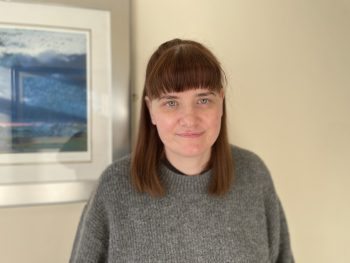09/12/2024

As we continue our series focusing on addiction and recovery services throughout the Trust, we are delighted to profile our Hidden Harm Social Workers Emma McGrath and Caitlin Doherty. We are incredibly lucky to have them both, as Emma and Caitlin are the only Hidden Harm Social Workers in the whole of Northern Ireland, providing invaluable support and expertise to families across the Western Trust.
Explaining their roles Emma and Caitlin explained:
“Hidden Harm is a term used to describe children and young people affected by a parent having an alcohol or drug misuse. This is because the harm children and young people experience is often hidden. We play a crucial role in identifying and supporting children whose parents are currently open to the Trust’s Alcohol and Drugs service.
“Our first steps are to provide an assessment with the parent to get an understanding of their alcohol/substance misuse, any possible impact this may be having on children in the home environment and what safety measures are in place to safeguard the children.
“We know from our experience how best to support families and use our knowledge and skills to support them using a ‘Think Family’ approach.
“One of the most fundamental elements of our work is to provide intensive support to children and young people in the home. Some young people will find it difficult to talk about what is affecting them. One of the most powerful protective factors is for the child to have a trusted adult, and this is where we can provide that support.
“We provide around 4-6 sessions, to explore a child’s understanding of misuse in the home, talk about how they are feeling etc and we do this in a child friendly and age appropriate way. We do so using many tools and resources, and often encourage children to engage in activities involving drawing and writing to help in exploring their own experiences. This is especially powerful in young children. Throughout our sessions with the children and young people we educate them and work to build their resilience with the hope that they will have better outcomes in later life.
“It is our privilege to work with families and to witness the positive impacts that can be made for both children and their parents.”




